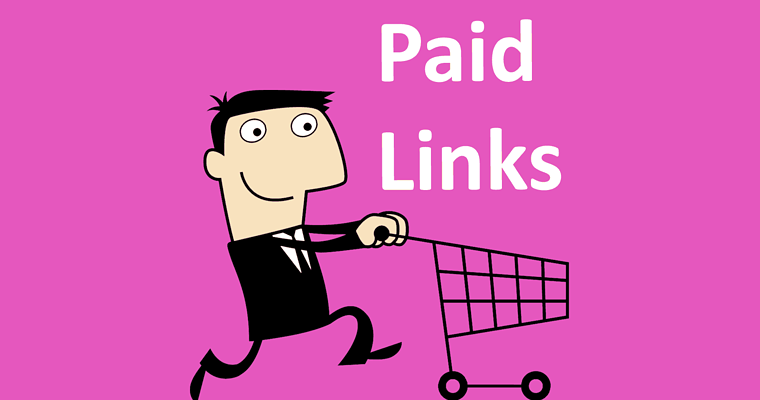
John Mueller answered the question about the ability of paid links to help sites rank. He insisted that in “pretty much all of the cases” he’s reviewed it wasn’t the links.
Do Paid Links Help Sites Rank?
The person asking the question claimed 80-90% of sites ranking in their niche are using paid links. That’s a not necessarily unusual situation.
Here is the question:
Are backlinks important in ranking factors? Because nowadays 80 to 90% of websites are buying backlinks which I think is very unethical.
But these websites are also ranking on the first page. Why?
This is what Mueller said
“We do use links in our ranking algorithms. We use a ton of other factors as well. So it’s not the case that links is the one thing that will make your website show up in the search results, regardless of what other people do.”
Mueller then remarks how often websites participate in SEO tactics that don’t affect the rankings. I see this across a wide range of niches. What happens is that competitors mimic each other. This follow the leader mentality, though it looks hyper-competitive, can mask weakness in the competition. It usually manifests as no single site being able to dominate the search results.
What Mueller said:
“This is something where we also see that a lot of sites do things that aren’t really necessary for their website and web search. They’ll go off and buy a ton of links and then we ignore all of those links.
So just because you’re seeing people doing something that looks kind of weird doesn’t necessarily mean that they’re actually profiting from that in a sense that there are lots of reasons why sites can rank in the search results. And it doesn’t have to do with anything sneaky that they’re doing.”
But the quality of links passed around maybe has gone down, and I’m not talking about paid links. I’m talking about overall, there aren’t as many bloggers as there used to be, that kind of thing.
- What can be done to create signals that indicate this particular site is what users want to see?
- How can I make this content better than the competition?
“We get this question around links. We get this question around keyword stuffing, around hidden text; all of these aspects come up regularly and in pretty much all of the cases that I’ve looked into where we work together with the web spam team and the search quality team to double-check why these sites are ranking, it’s pretty much always because of other things.”
I believe that the average SEO and publisher are unable to understand why a site is ranking. The average SEO tends to seize on the most obvious clue, convinced that the most visible clue is the explanation. This results in a false diagnosis.
This may explain Mueller’s experience. People who don’t know how to identify why a site is ranking are self-selecting to show John their “proof” that is really just a red herring.
People with more experience understand that paid links can work to help a site rank better. The problem that I see is that the quality of links that are for sale is generally of a poor quality.
So if a site receives a benefit, what can happen is that the benefit is short lived. The links eventually stop helping. Sometimes there is no benefit at all.
I asked someone I know who is successful in highly competitive niches about this and this is what they said:
“Our sites… are 100% pbn rank. So paid links work but we reckon that Google also discounts a fair few of them. They need to be more relevant to get through the filters these days.”
Source: https://www.searchenginejournal.com
